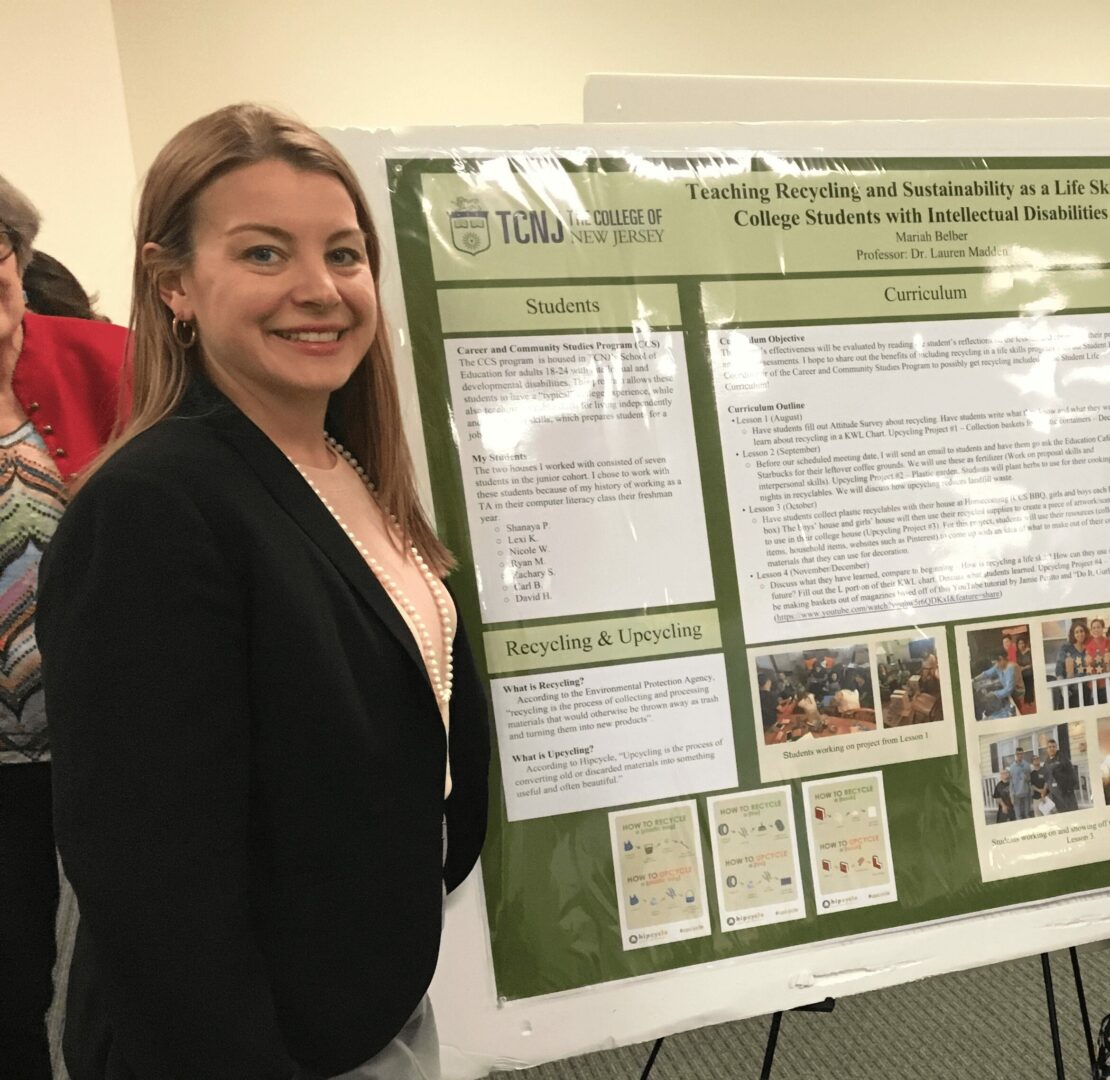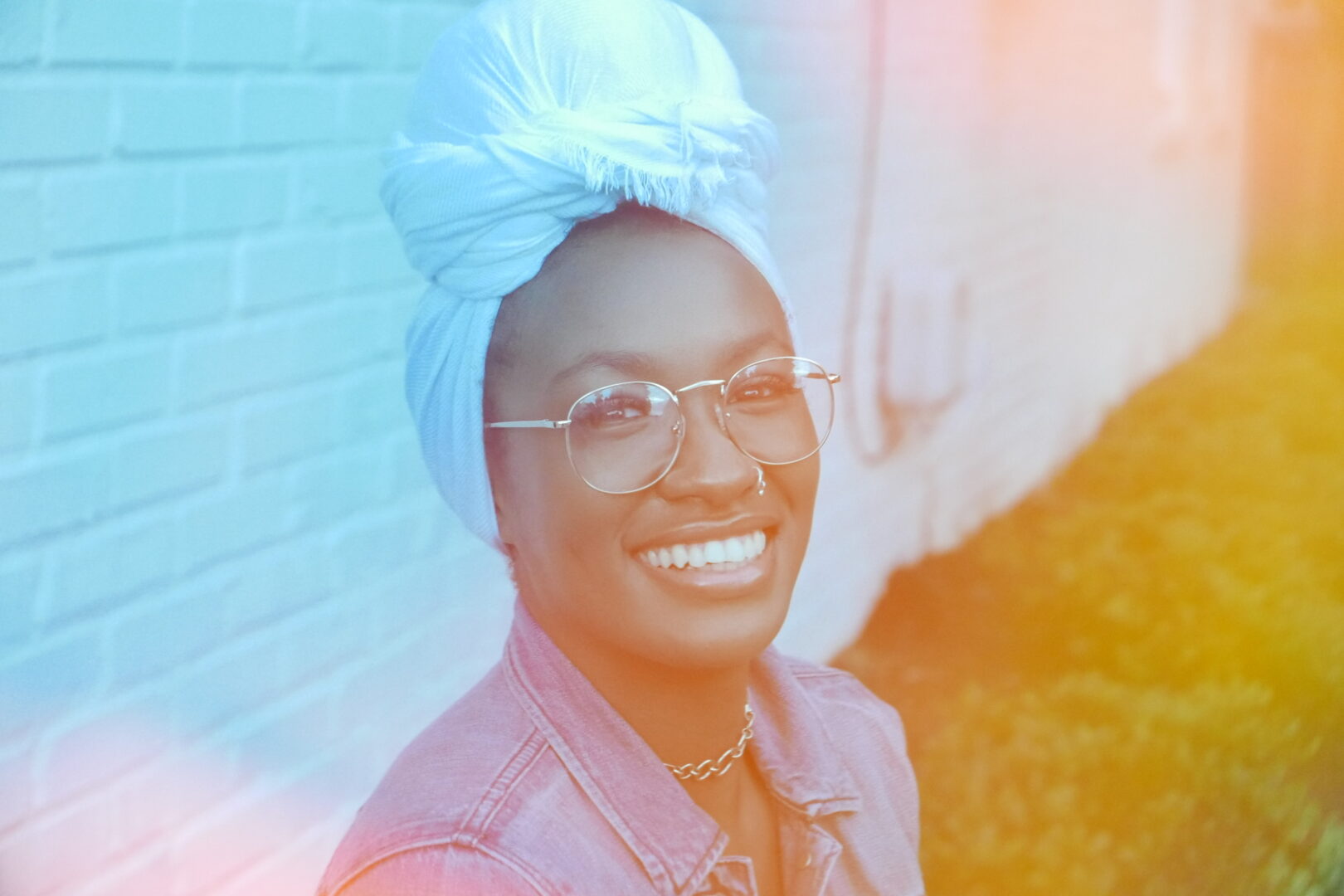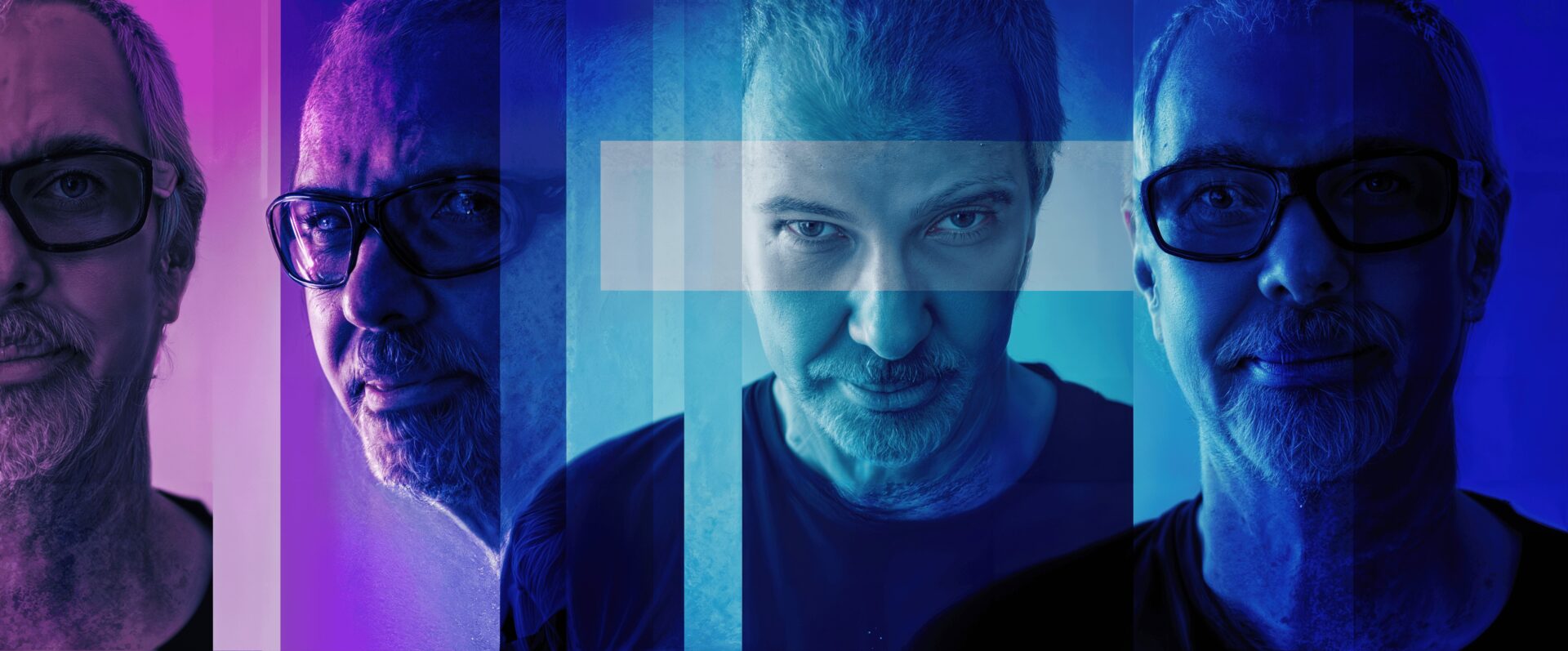We were lucky to catch up with Lauren Madden recently and have shared our conversation below.
Lauren, so great to be with you and I think a lot of folks are going to benefit from hearing your story and lessons and wisdom. Imposter Syndrome is something that we know how words to describe, but it’s something that has held people back forever and so we’re really interested to hear about your story and how you overcame imposter syndrome.
I used to always say that when you stop having imposter syndrome, it’s time to retire. And that may be true, but it isn’t exclusively true. For women especially, it can feel scary to admit that we’re actually good at something, in fear of being called snobbish or a “know-it-all.” But sometimes we simply need to consider the facts. Do you have knowledge and experience in a certain area? Do others come to you for guidance and advice? Then maybe you *are* an expert!
Acknowledging expertise is absolutely not the same thing as bragging. We’re always learning and growing. Sometimes we feel like imposters because life is iterative and constantly changing. And if we’re doing it right, we’re also asking for help and collaboration along the way.
I don’t think I’ve overcome imposter syndrome completely, but I have chipped away at it a little bit. My voice still shakes when I call myself an expert, but I still use those words.
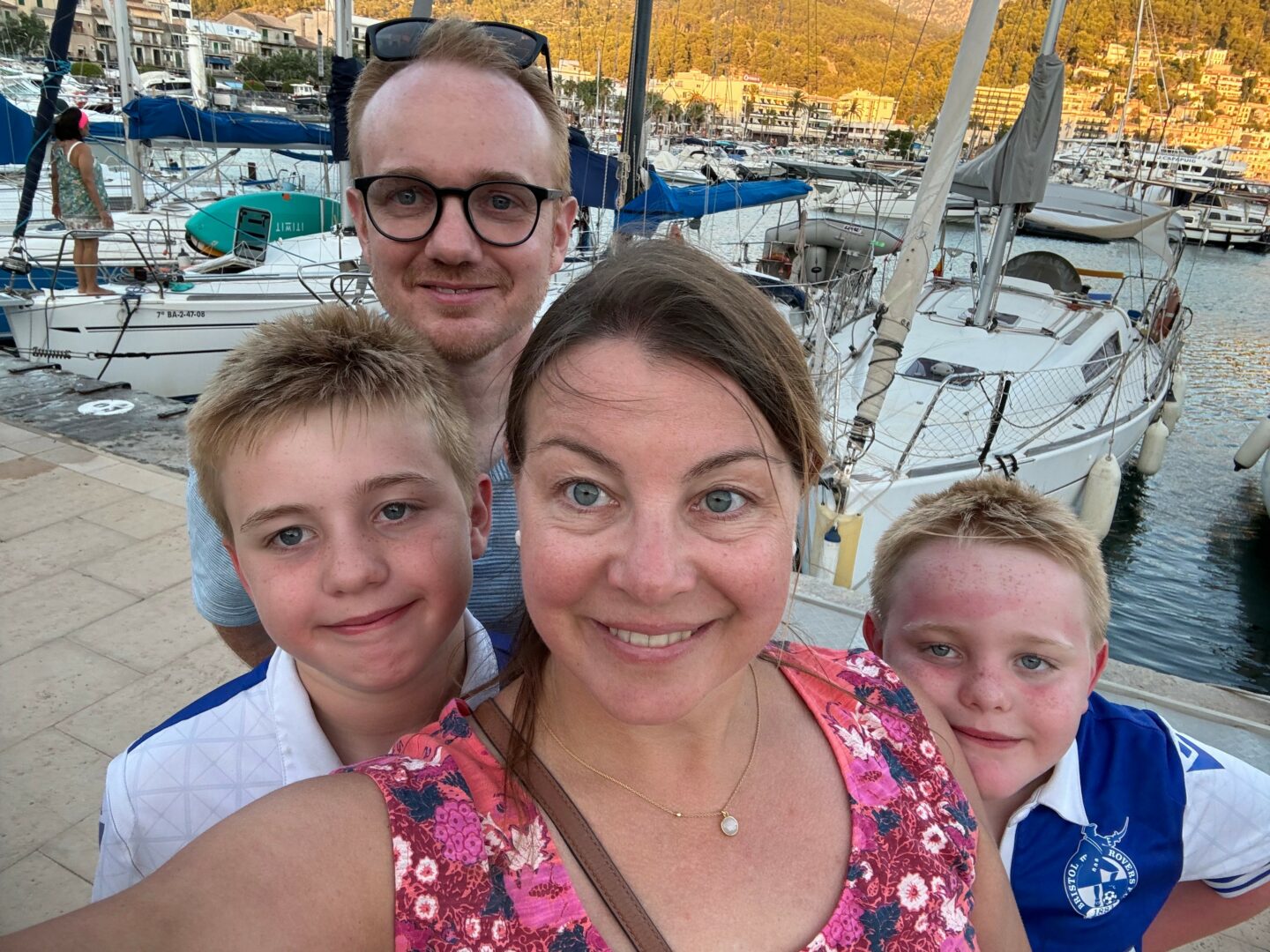
Let’s take a small detour – maybe you can share a bit about yourself before we dive back into some of the other questions we had for you?
I’m a professor of elementary science education at a small public college in central New Jersey. I wear a lot of hats, but most weeks, I get to spend time with current and future teachers learning to spark a love for science in their students.
My current focus is on climate change education in K-12 schools. My home state of New Jersey recently became the first place in the US to include learning standards about climate change across subjects and grade levels. I’ve had the great joy of working closely with stakeholders across the board as we begin to implement this important work in schools–from writing a recommendations report for the successful roll out of these standards to working hand-in-hand with teachers and elementary school children as they begin to learn how our planet is changing. This kind of learning includes studying causes and effects of climate change, strategies for mitigating it, and the amazing ways in which young people are becoming activists, advocates, inventors, and innovators committed to solving this problem.
In most cases, climate change is a topic discussed only in science class, and only with older students (middle and high school). In our state, we’ve taken a different approach. We’ve taken children and their ideas seriously. We’ve decided not to hide information, but rather to break it down in a way that makes sense of young children to unpack.
It is still too early to tell, but I believe that explaining the crisis our youngest learners in a way that they are able to connect with and digest will help set them up for success in innovation and also in developing strategies for coping with the anxiety that sometimes comes when we think about the crisis our planet faces.
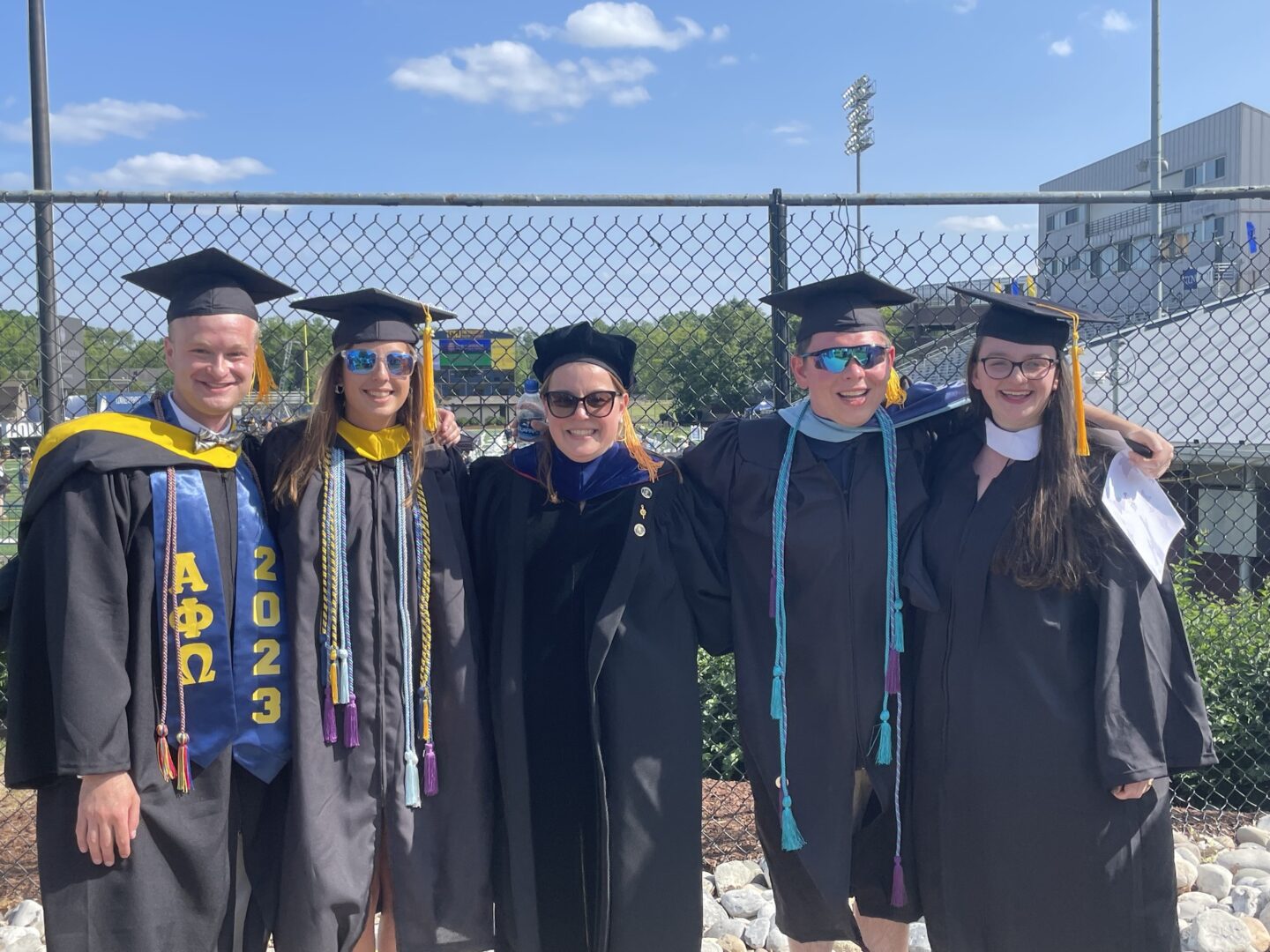
If you had to pick three qualities that are most important to develop, which three would you say matter most?
I think curiosity is the most important trait a human can possess. Asking questions, even if they seem outside the box is so important. I often start or end my classes with college students by asking “What are you wondering about?”
When I worked as an educational evaluator, I learned more about the importance of good writing. While I don’t claim to be perfect, I learned how to write objectively and quickly. This skill has served me well in so many ways. My work doesn’t get to the public unless I share it in written form.
Speaking of writing, especially in academia, when we put our work out there, it is subject to critique and often rejection. Having the tenacity to revise and resubmit. Or toss the whole thing and start again is critical for success in the long term. I wrote 17 NSF proposals before I had one awarded. SEVENTEEN. That was so hard, but I kept revising, kept asking better questions, and kept trying until I got there.
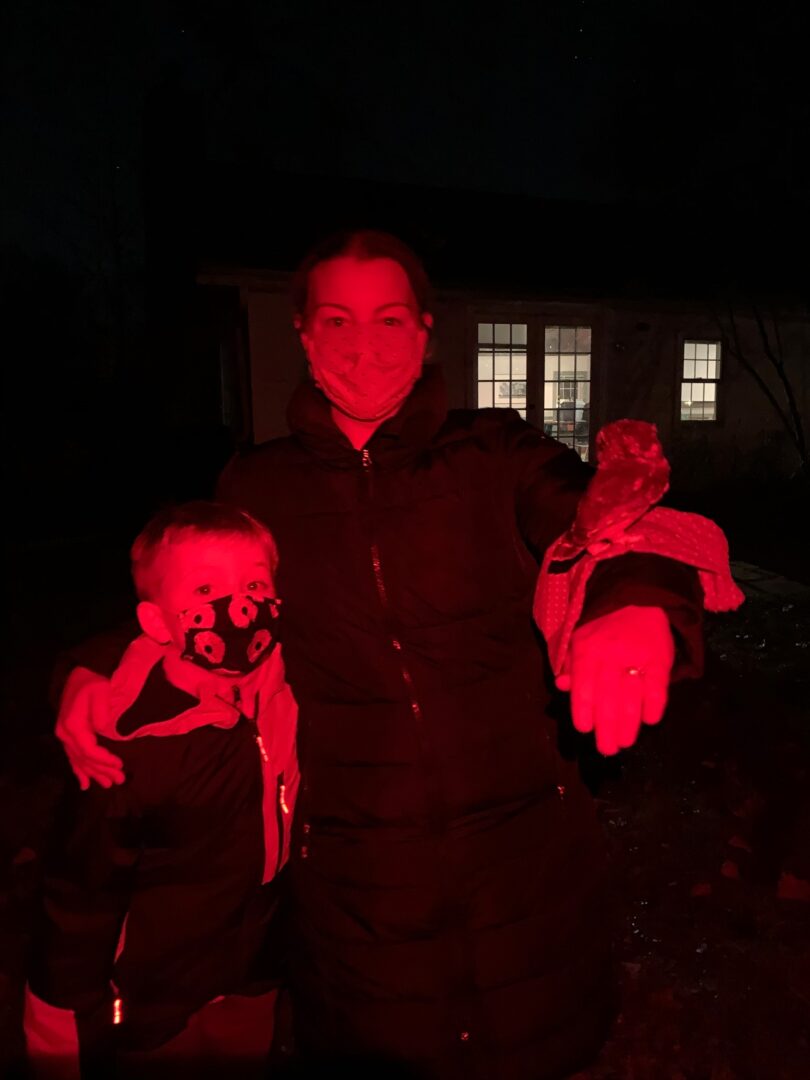
Alright so to wrap up, who deserves credit for helping you overcome challenges or build some of the essential skills you’ve needed?
It’s not just one person but a network.
Throughout my life and career, I’ve had the great fortune of interacting with wonderful people. One of the qualities I like best about myself is that I’m able to connect people with similar interests and ideas. These connections have built a tapestry of influence that shapes my work continually.
My mom is a retired math teacher and some of my strongest childhood memories are watching her spread papers and books all over the dining room table- pouring over plans and thoughts, grading papers, and working out example problems. Seeing this gave me the whole picture on what a teacher’s job was (so much more than the time spent in front of a classroom) and helped shape my view that people are dynamic and that hard work pays off over time.
My late dad sparked my curiosity. He led my brother and I on walks in the woods. He taught me how to ride waves in the ocean and find clams under my toes in the bay. He was the grown up who stayed in the pool until the last kid was done playing. He devoured books. He helped me learn to continually wonder, and to not take things too seriously.
I had so many great teachers in my life, too many to name, but Suzanne Cutrone was my ballet teacher. She taught me about patience and practice and beauty. Mrs. Jackson was my second grade teacher, and she showed me that our little classroom could transform into airplanes and new countries, and big ideas. Mrs. Gladysz showed up to high school social studies class dressed as Rosie the Riveter. She opened my world to politics and global issues. Claudia Benitez-Nelson showed me how science comes to life and let me know that my small contributions in a lab helped tell a bigger story. Eric Wiebe and Gail Jones taught me how to be a science educator, how to lead a research project, and how to mentor others. Sarah Kern was the best department chair I could have imagined when I became a professor. When personal tragedies hit in the midst of starting a brand new career, she held up the light so I could find my way through. She also illuminated the incredible colleagues in my department who remain some of my favorite friends and collaborators.
My husband has taught me what partnership really means- tackling the world together, finding joys and successes, watching love grow and change over time, facing hardships- I know the happiness is more glorious, and the sorrows are lessened when we face them hand-in-hand.
My twin sons are the most curious and thoughtful people I’ve ever known. Watching them learn what it is to be a person in this world motivates me to explain better, to seek more perspectives, to keep growing, and learning, and leading. To forgive and to laugh.
The women I’ve been lucky enough to call friends have been windows and mirrors at every phase of life. My junior high school best Juliet Baratta remains a confidante and inspiration. The women I met on my first day of college continue to bring me joy and community from all over the East Coast. The women I met when my children went to preschool were and continue to be a safety net, a sounding board, and a cheering section through every phase of personal and professional change. The women in the science education writing group I’ve been lucky enough to grow with over these past few years have been collaborators, mentors, and friends.
My current project teams and research group helped me to craft ideas and innovate solutions I couldn’t have dreamed of on my own.
Contact Info:
- Website: http://maddenl.pages.tcnj.edu/
- Instagram: maddenltcnj
- Linkedin: https://www.linkedin.com/in/dr-lauren-madden-4220884/
- Twitter: @envsustcnj
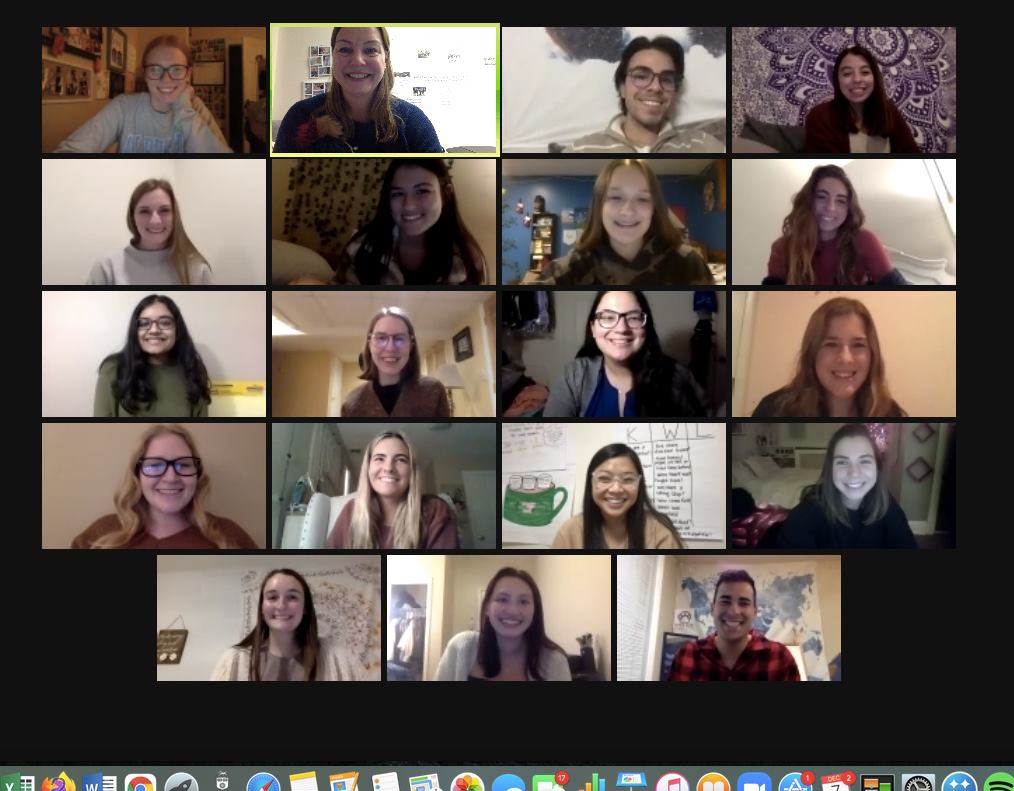
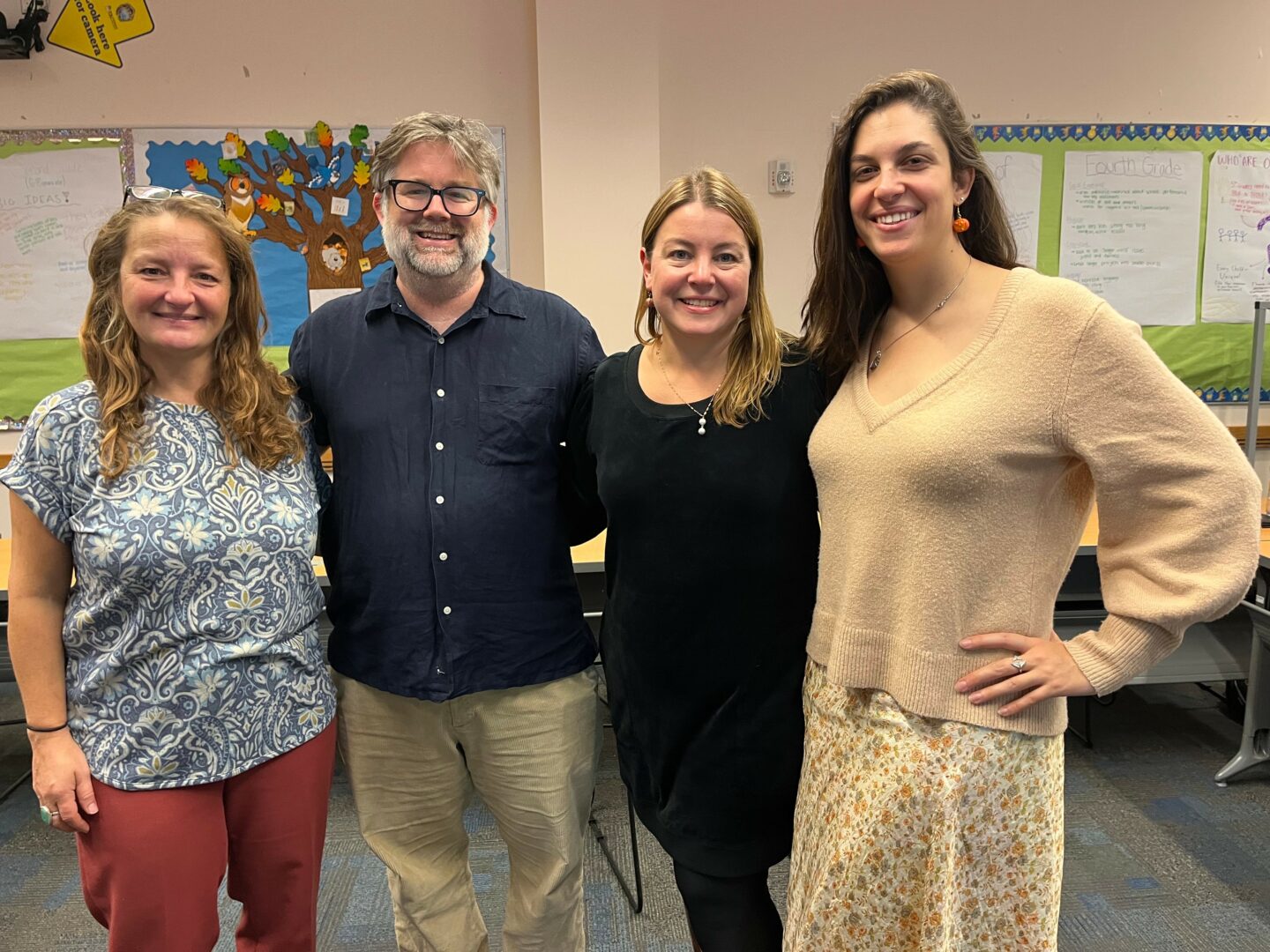
so if you or someone you know deserves recognition please let us know here.

